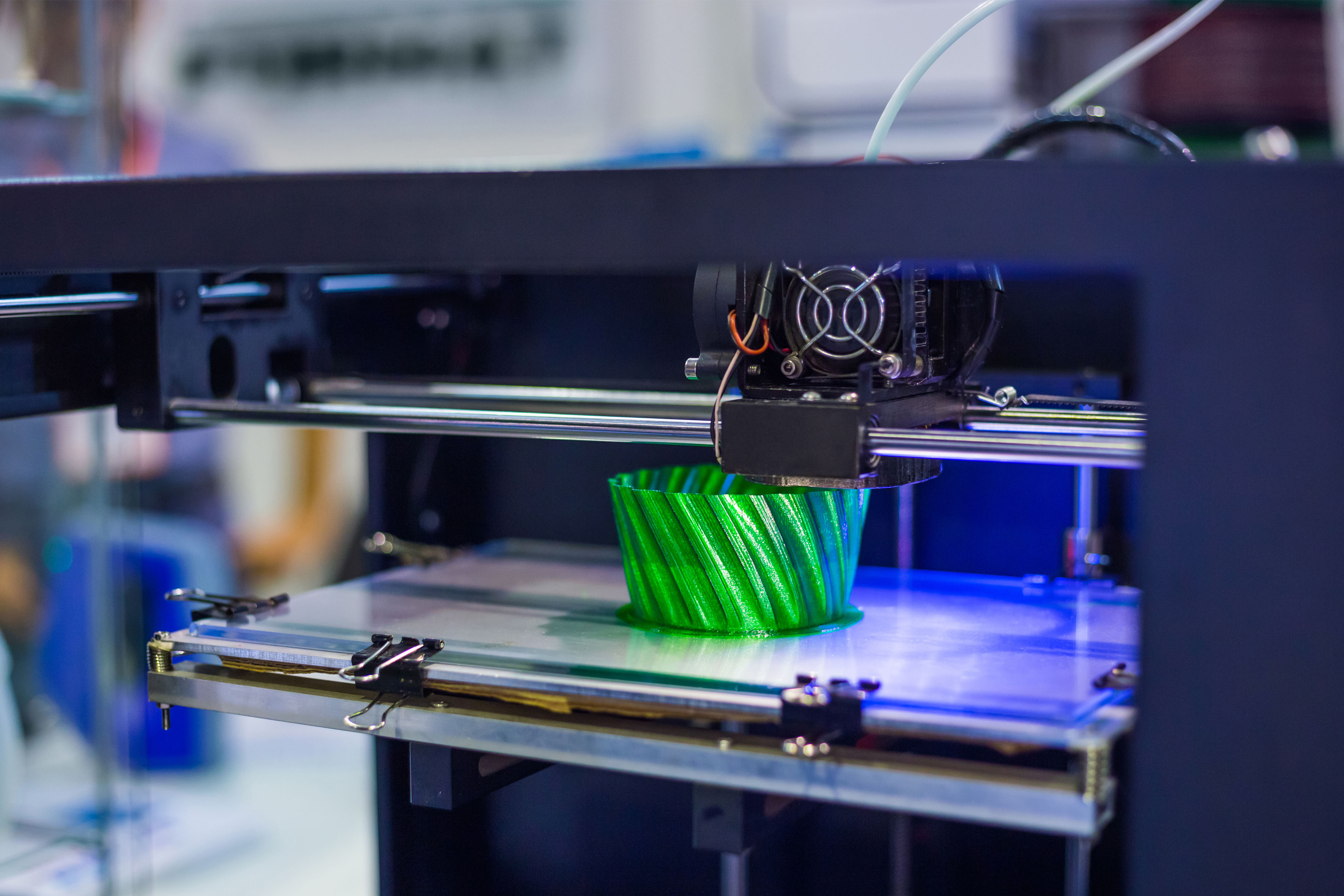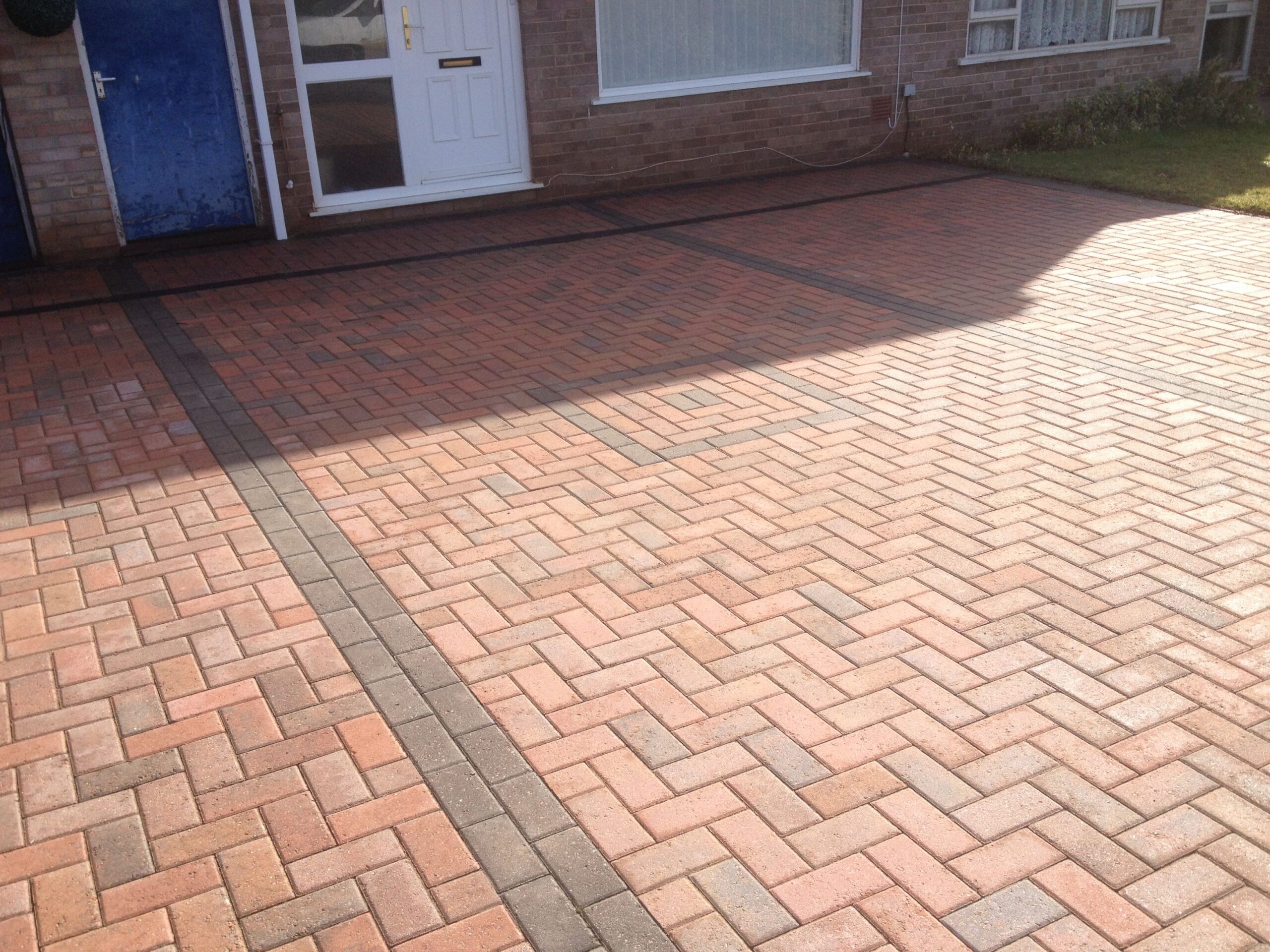Manchester, known for its rich industrial heritage and thriving creative scene, is emerging as a hub for 3D printing innovation. Local businesses, universities, and research institutions are exploring novel applications of this technology across various sectors. This article delves into some of the most exciting and innovative 3d printers manchester applications currently emerging from Manchester.
1. Healthcare and Medical Devices
- Customized Prosthetics and Implants: Local hospitals and medical technology companies are using 3D printing to create tailored prosthetics and implants, ensuring better fits and improved patient outcomes. For instance, clinicians can produce patient-specific implants that accommodate unique anatomical features.
- Surgical Planning Models: Surgeons in Manchester are utilizing 3D-printed anatomical models derived from patient scans. These models aid in preoperative planning, allowing surgeons to visualize complex procedures and improve surgical precision.
2. Aerospace Components
- Lightweight Parts Production: The aerospace industry in Manchester is harnessing 3D printing to manufacture lightweight components that enhance fuel efficiency and performance. These parts can be produced more quickly and with less material waste compared to traditional methods.
- Rapid Prototyping for Testing: Aerospace companies are employing 3D printing for rapid prototyping of parts, enabling quicker iterations and testing of designs before full-scale production.
3. Architectural Models
- Detailed Scale Models: Architects and designers in Manchester are using 3D printing to create intricate scale models of buildings and urban designs. This technology allows for precise detailing and can incorporate complex geometries that would be challenging to achieve with traditional model-making techniques.
- Interactive Presentations: 3D-printed models enhance client presentations, providing tangible representations of architectural concepts that facilitate better understanding and feedback.
4. Fashion and Wearable Tech
- Custom Fashion Accessories: Manchester’s fashion designers are experimenting with 3D printing to create unique accessories and clothing items. This technology allows for customization, enabling designers to produce one-of-a-kind pieces tailored to individual customer preferences.
- Wearable Technology: Innovators in the region are integrating 3D printing with electronics to develop wearable tech products, such as fitness trackers or smart clothing, that blend style with functionality.
5. Art and Sculpture
- Contemporary Art Installations: Artists in Manchester are embracing 3D printing to produce complex sculptures and installations that challenge traditional artistic boundaries. This technology allows artists to explore new forms and materials, resulting in innovative artworks that captivate audiences.
- Collaborative Art Projects: Local art collectives and universities are collaborating on projects that incorporate 3D printing, fostering community engagement and showcasing the intersection of technology and creativity.

6. Food Industry Innovations
- 3D Printed Food: Pioneers in the Manchester food scene are experimenting with 3D printing technology to create intricate food designs and customized meals. This approach allows for innovative presentations and personalized nutrition solutions.
- Prototyping Culinary Concepts: Chefs are using 3D printing to prototype new culinary concepts and test food textures and flavors before committing to full-scale production.
7. Sustainable Practices
- Recycling and Upcycling: Local businesses are exploring ways to incorporate recycled materials into their 3D printing processes. By utilizing waste materials, these companies aim to reduce environmental impact and promote sustainability within the industry.
- Eco-Friendly Filaments: Manchester-based manufacturers are developing biodegradable filaments and sustainable printing practices that align with the city’s commitment to environmental responsibility.
8. Education and Training
- Hands-On Learning: Educational institutions in Manchester are integrating 3D printing into their curricula, providing students with hands-on experience in design and manufacturing. This approach prepares the next generation for careers in engineering, design, and technology.
- Community Workshops: Local maker spaces and community centers offer workshops that teach 3D printing skills to individuals of all ages, fostering creativity and innovation within the community.
Conclusion
Manchester is at the forefront of innovative 3D printing applications that are reshaping industries and enhancing creativity. From healthcare to fashion and art, local businesses and institutions are harnessing this technology to explore new possibilities and drive progress. As 3D printing continues to evolve, Manchester’s vibrant ecosystem is likely to yield even more groundbreaking applications that will influence both local and global markets.



